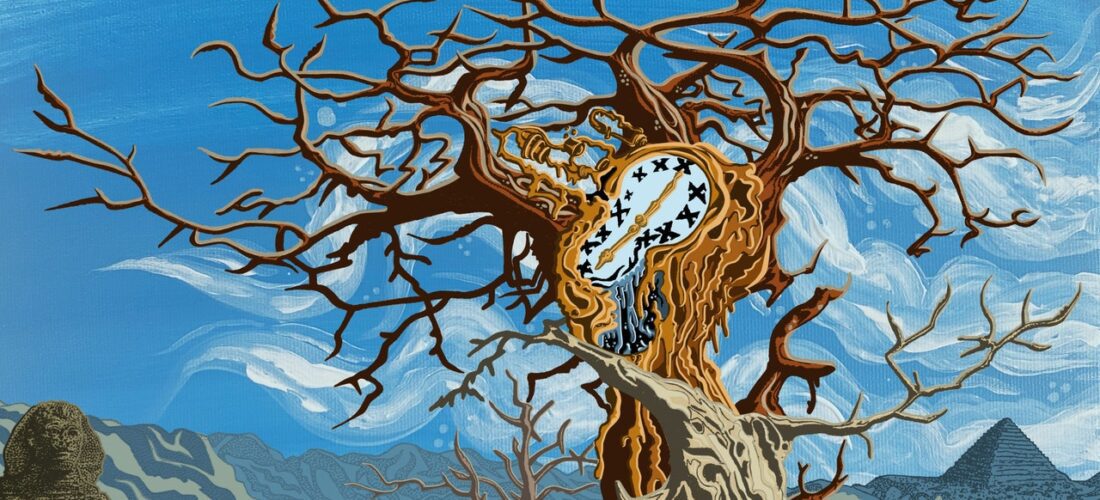The thing about road trips is that I remember a lot more about the aux cord arguments and hot take debates along the way than I do snapping photos of the Grand Canyon. Admittedly, my biggest flaw as a rap fan is not taking that lesson to heart: I’m so caught up in what’s next that I forget that getting there is the best part. One rapper I wish I’d paid closer attention to is Raz Fresco, who got his start as a Brampton teenager in the early 2010s with a laid-back swag that resembled Wiz Khalifa if he were in the A$AP Mob. Eventually, he fell into the orbit of Atlanta’s DJ Holiday, and then Philly’s Don Cannon, releasing a string of solid, versatile mixtapes full of streetwise smoker’s anthems.
Somewhere in the middle of the decade, Raz Fresco fell off my radar. In that time he got deeper into his studies of the Five-Percent Nation, went to jail, had a near-death experience, and kept tinkering with his music. I wasn’t drawn back in until the pandemic, in the midst of his mixtape series Magneto Was Right, titled after an X-Men comic book fan theory that holds that the antihero Magneto’s idea for a violent revolution to free the mutants was more rational than Professor X’s philosophy of peace. In a little more than a year, Raz Fresco put out nine of these tapes, finding a real groove in the process. It wasn’t radically different from the music he’d released as a teenager, but it was headier and loaded with the life experience to go with beats that brought to mind late-’90s Queens. (I’d now place his music somewhere between the hard-nosed nostalgia of Griselda and the new age flyness of Mutant Academy.) He’s been prolific ever since, leading up to The Eternal Now, a satisfying joint project with reliable production OG DJ Muggs.
Over 15 slow-mo tracks, Raz Fresco uses his buttery flow to weave together hard-earned life lessons, five-percenter lingo, comic book references, and a sense of disillusionment with the commercialization of hip-hop. On “Smoke & Mirrors,” backdropped by Muggs at his dreamiest, Raz name-drops the creator of Spawn, calls someone a “pussy” and “a slave to the charts,” and reflects on his artistic morals: “You can’t get your soul back or reverse the hour hand/This is how it lasts.” Less thoughtful writing sometimes undercuts his message, veering into cliché with the repetition of “Who own the dollar own the country” on “Bloody Money” or repeating tired hip-hop talking points on “Fake Beef”: “Used to paint the walls, now it’s they fingernails.” Save those out-of-touch gripes for the old heads with a YouTube channel.
